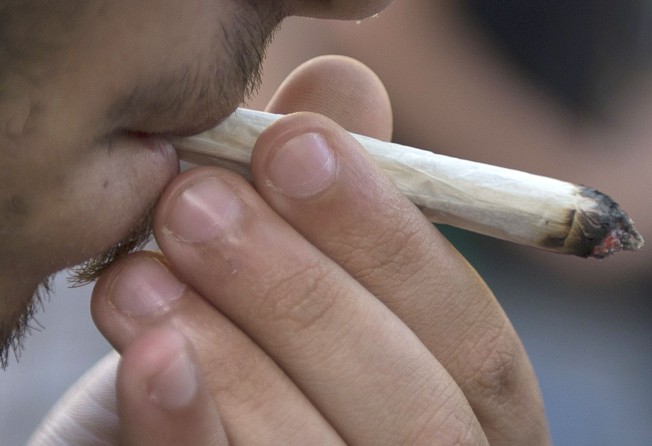Cannabis case puts hospitals on the spot
- Arrest of doctor suspected of being under the influence on duty comes at a time when stressed public health care facilities can ill afford to lose more staff

The fundamental precept of ethical medical treatment, “First, do no harm”, is attributed to the ancient Greek physician Hippocrates. It is often wrongly attributed to the Hippocratic Oath named after him and taken by many medical students, although it contains similar language. In this city, avoiding harm to a patient is an abiding precept of a comprehensive code of conduct for doctors adopted by the professional watchdog, the Medical Council of Hong Kong.
What to do then about a senior emergency ward doctor currently suspended for smoking cannabis while on duty at Tuen Mun Hospital, when an audit of all his patient files for the previous three months apparently did not disclose a single case of inappropriate treatment, let alone a case of harm. Compare that with regular disclosures of harmful medical blunders in public hospitals, occasionally fatal, attributed to perfectly sober doctors and nurses, even if they were fatigued by excessive patient loads or hours.
The doctor concerned, an associate accident and emergency ward consultant, is alleged to have absented himself at about 11pm last Tuesday until midnight, when his behaviour prompted staff to alert management. After a urine sample tested positive for cannabis, the hospital reported him to police, who arrested him at his home on Friday and released him on bail at the weekend.
Medical Council chairman Professor Joseph Lau Wan-yee rightly says it is a very serious matter if the doctor was using the substance while on duty, and the College of Emergency Medicine says it is completely unacceptable. This is reflected by its code, which says it is professional misconduct for a doctor to treat patients while rendered unfit to do so under the influence of alcohol or drugs.
The doctor may have thought the cannabis helped him cope with stress in his personal life, but the use of it while on duty is a serious lapse of judgment that could have led to harm to a patient. Assuming this is an isolated offence, we trust the doctor receives appropriate counselling aimed at a mutually beneficial outcome. The stressed public hospital system can ill afford to lose experienced doctors who have resisted the lure of the private sector, but it also can ill afford to retain one if substance abuse presents a continuing risk of harm.